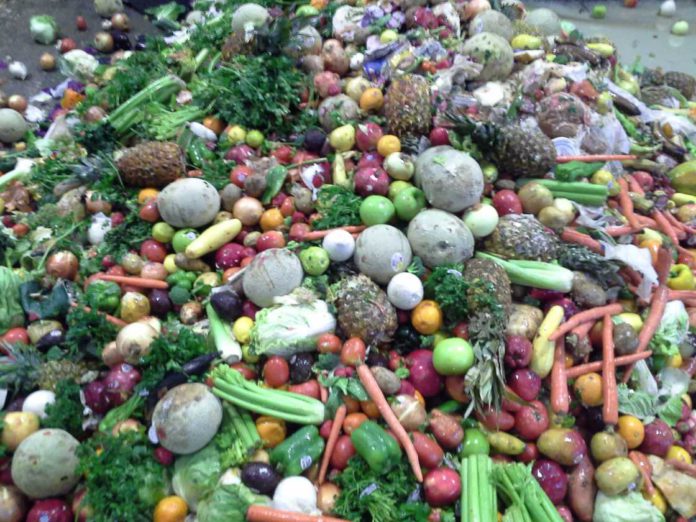
THE food waste crisis has been around for as long as people have sold food.
Numerous studies have shown that an alarming amount of food is lost and wasted every year all over the world, at every phase of the food cycle, or its journey from production and packaging to purchase, consumption and disposal.
At the production level, for example, some food waste occurs as a result of food not meeting product specifications, overproduction to meet seasonal demands, and cancelled orders due to changes in market demand.
The U.N. Food and Agriculture Organisation (FAO) estimates that, based on weight, 32 percent of all food produced in the world was lost or wasted back in 2009.
Calorie-wise, this translates to a global food loss of 24 percent. Put simply, 1 in 4 calories intended for human consumption is wasted. Those figures, if researched today, would surely be higher.
Why is so much food heading straight to landfills? Is it simply a matter of overproduction and overstocking? Are retailers simply catering to consumers’ need for a variety of food options? Or perhaps consumers just keep on forgetting about use-by dates?
“Let’s just give the food to the needy,” is an answer usually given in response to the issue.
Redirecting food from landfills to the hands of those who need it is one way to address the problem, but it doesn’t totally solve it.
One of the key findings from the research was that because of consumer demand for a variety of food, even produce not in season and not grown locally, there is a higher incidence of spoilage. The longer produce sits in the food supply chain because of transport and handling, the higher its chances of eventually heading to the landfill.
For this and the other reasons behind consumer food waste, the researchers suggested education campaigns to raise awareness about the seasonality of produce, standardisation of sell-by, use-by and best before dates, and communication campaigns to help consumers understand that wasting food is culturally unacceptable.








